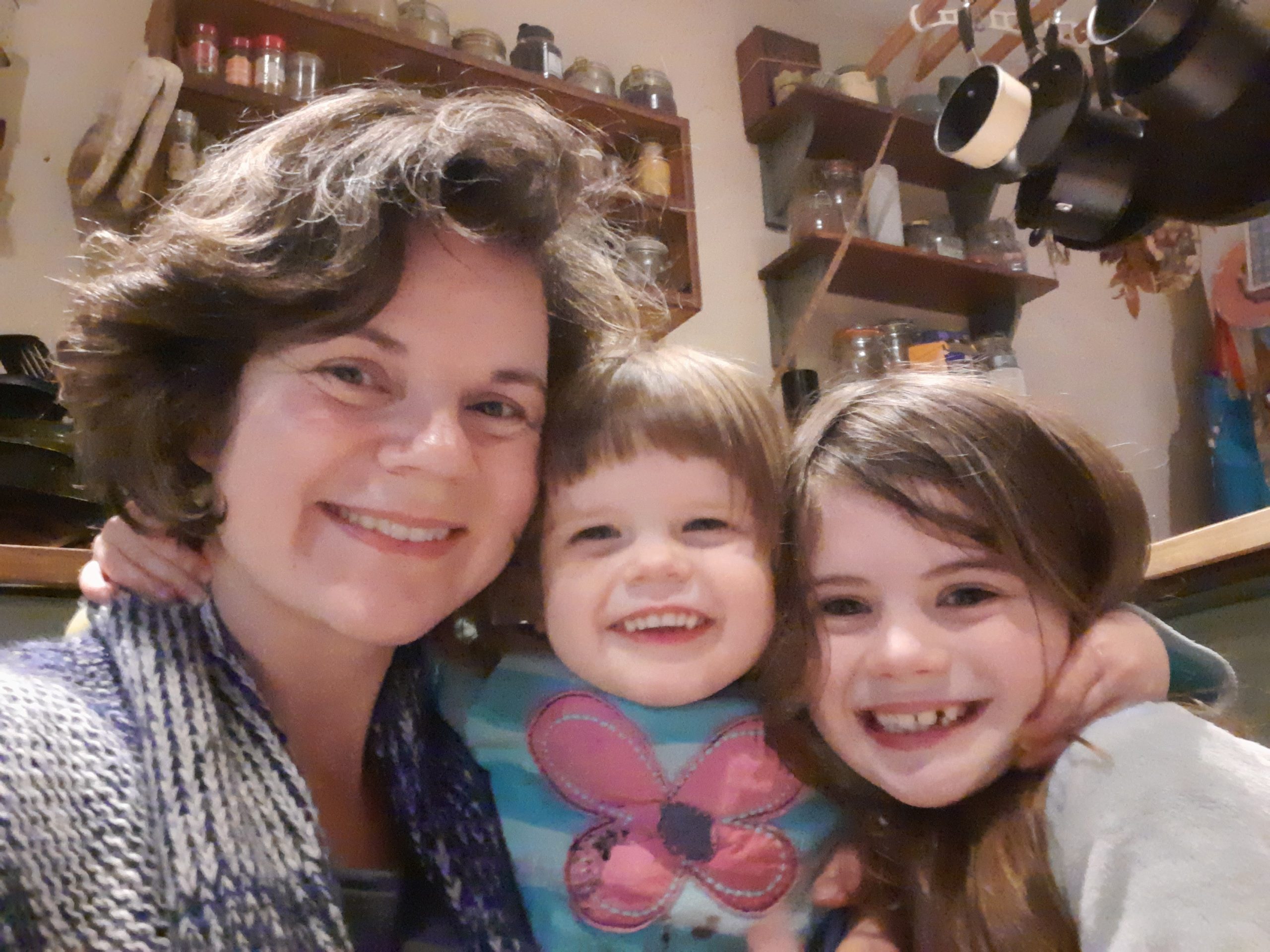Breaking barriers and unleashing female power
6 Mar 2023
6 Mar 2023
Women have made tremendous strides in the world of business recently, breaking through glass ceilings and shattering stereotypes. Women like Wendy Lancaster – an accomplished leader and expert in the field of Landscape Planning.
She’s succeeded in her career despite facing significant challenges and biases as a woman. It’s made her a bit of an expert on:
We wanted to pick Wendy’s brain on these important topics out of our own curiosity. And, of course, in honour of International Women’s Day! Here are the highlights of our conversation.

For Wendy, the biggest problem is limited diversity of thought.
Having decision-makers who’re aware of wider issues isn’t enough. Because their understanding of these issues can’t match that of someone who directly experiences them.
“It’s imperative to have women in senior positions who can bring to the table an understanding of the issues that specifically affect women, such as the impact of childbirth and menopause, which may not be as apparent to those who don’t directly experience them,” says Wendy.
She also highlights how having gender diversity in leadership roles will benefit people and businesses: “60% of women change roles after maternity leave. It makes no financial sense to lose a portion of your workforce — especially when recruitment is already a challenge — due to not meeting the needs of women returning from maternity leave.”
In the first instance, Wendy says that companies need to develop their awareness of unconscious biases:
“These biases are rooted in societal norms, stereotypes and cultural conditioning that people may not even realise they hold. Such as assuming women are more focused on their caregiving responsibilities than advancing their careers. Which can lead to them being overlooked for opportunities, being paid less, or being passed over for promotions.”
And she highlights how elevating women to leadership roles can challenge this status quo and pave the way for meaningful cultural change.
“This includes changing how the company views and measures the contribution of its people,” says Wendy. “I see companies promote employees based on the perception that they’re working long hours. Which discriminates against caregivers of all genders, including those who care for sick family members or have other caregiving responsibilities.”

Wendy follows on from her previous point — that there should be greater flexibility and more openness toward people working reduced hours:
“We’ve proved what every part-time person has known for quite some time. Working four days a week can be just as efficient, if not more efficient, than working five days a week. My heart goes out to all the people who are working just as hard as their colleagues, generating the same amount of business, but are paid only 80% of the salary,” Wendy adds.
She also mentions the need to normalise taking full maternity leave and to reduce the fear that it may have a negative impact on your career:
“One of our directors is currently on maternity leave and taking a year off. I salute that — what a great message to send out to all the other women who want to have kids or are going to have kids. It challenges the idea that being a parent and a leader are mutually exclusive. Creating a more inclusive and empowering work culture encourages more women to pursue leadership positions.”
“Bloody-mindedness!” Wendy half-jokes, but she contributes much of her success to strong female role models:
“In my first job after university, I had a great female boss. She taught me that it’s possible to be a strong and effective leader while also demonstrating kindness, compassion and humanity.
I think that’s really important because there’s a whole generation of women who still think they must be ‘more man than the men’ to succeed in life. In my experience, the qualities I’ve developed as a caregiver have positively influenced the development of my leadership style.”
Wendy highlights the different support systems in place and how this impacts the team’s wellbeing:
“Everyone at Tyler Grange gets two mentors, access to monthly sessions with a psychologist, as well as the option to have private counselling. We also have trained mental health first aiders posted in every office. We want people to know that it’s okay to talk about mental health and seek help when they need it. It’s helping us break down stigmas and create a more supportive and understanding workplace for everyone.”
She goes on to explain that Tyler Grange also has extra support for women should they need it:
“We’ve got a menopause support group which we’re opening to our partner network soon. We’re providing valuable support to women and assisting them in rebuilding their confidence. We want to emphasise that women can achieve anything they set their minds to and that it’s okay to be open about their needs. It’s support groups like these that serve as a safe space to discuss these challenges, identify solutions and provide a sense of community.”

“We need to keep encouraging more women to aim for senior roles,” Wendy explains.
Companies with a higher representation of women in leadership positions are more likely to cultivate a culture that’s supportive of women. Helping to bring diverse perspectives and experiences that lead to more inclusive policies and practices that benefit all genders.
“We also need to recognise that part-timers are valuable, and that carers shouldn’t be held back based on the hours they put in,” Wendy continues.” The focus should be on their capability and the value they’re adding to the business.
Finally, we need more openness — normalising conversations around menopause, miscarriages, periods and childbirth. Having more people who possess sensitivity and understanding of these significant life events will encourage others to feel comfortable sharing their experiences, leading to a more open and accepting environment.”
Wendy makes a final vital point. Women’s issues have a broad and significant impact on individuals of all genders. For instance, gender stereotypes and biases can create harmful expectations and norms for individuals of all genders, including trans, gender fluid and non-binary people.
Addressing such issues is crucial for creating a more just and equitable society in which everyone can thrive.
Learn more about what you can do as a business, team or individual to promote a more equal future.